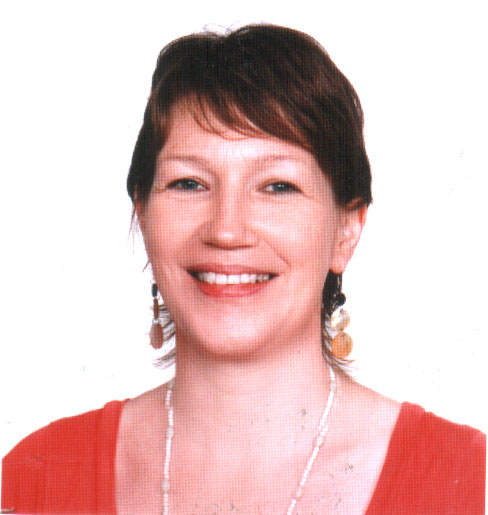Mairi Nasr grew up in rural Scotland, she moved to the Middle East and lived there for twenty years with her Lebanese husband and three children. She is co-author of children’s fantasy novel, Food Wars.
Food Wars follows the story of Porky, an obese teenager from Glasgow, who teams up with seven other ‘Keepers’ from across the world. The Keepers wage war on the Food Masters, the corporations that control the world food market.
This is a fantasy novel and fantastical things happen: a Native American boy turns into a bison, a south Pacific fisher-boy travels in the belly of a whale, there’s a journey on a magic carpet and an Ethiopian boy has the gift of multiplying food. However, the Food Masters are real enough and the book aims to raise awareness on the disparity between the west and the rest of the world.
Mairi tells us about her new life in Lebanon, an alien culture and the inspiration for her book.
How did you meet your husband?
I met him at Dundee University, when we were both first year students. He was very handsome and exotic-looking. He dressed differently to most, adopting a hippy style and used to walk through the student’s union playing a flute! I was hooked.
What was it like stepping off the plane on your arrival in Lebanon?
The first thing that struck me was the smell and how different it was to anything I’d ever smelt before. I was overwhelmed with fascination and excitement. Nothing compares to it and nothing has since
“Being married into a culture makes it both harder and easier…”
How did you adjust to your new life?
It takes a long time to adjust to a different culture. There is so much you don’t understand. Paradoxically, being married into a culture makes it both harder and easier.
Harder, because there are restrictions placed on you (especially in a middle Eastern culture) and expectations of you are high. Easier, as it seems to speed up the process of integration. However, the latter only occurs if you accept the new culture. Battling against it gets you nowhere and, sadly, many foreigners fall into that trap of perpetually feeling disgruntled and complaining.
I loved the way of life in Lebanon. It is centred on family values and community living. I also loved the food, around which social life and religious festivals are based.
“It was hard to readjust.”
What was it like stepping off of the plane when you returned to Scotland?
Grey! But I was excited to begin a new chapter of my life.
It was hard to readjust, and it still is. I don’t know if I will ever get used to being back. I miss the social life in Lebanon, and I miss the weather – the two are directly related. But I do love the warmth and friendliness of the Scottish people, and its natural beauty is breathtaking.
What inspired you to write your book, Food Wars?
Food Wars came about when I was commissioned to write it by a professor of agriculture and food sciences at the American University of Beirut, Dr. Shadi Hamadeh.
“He wanted to inspire them to make changes in the way they choose to eat.”
He had a vision for a children’s fantasy novel on the problems facing the world due to the current global food system. He hoped it would educate and influence young people. He wanted to inspire them to make changes in the way they choose to eat.
Don’t miss Mairi’s talk at the NWR Conference 2015, and if you can’t make it be sure to follow us on twitter @NWRUK/#NWR2015 for all the latest updates.

